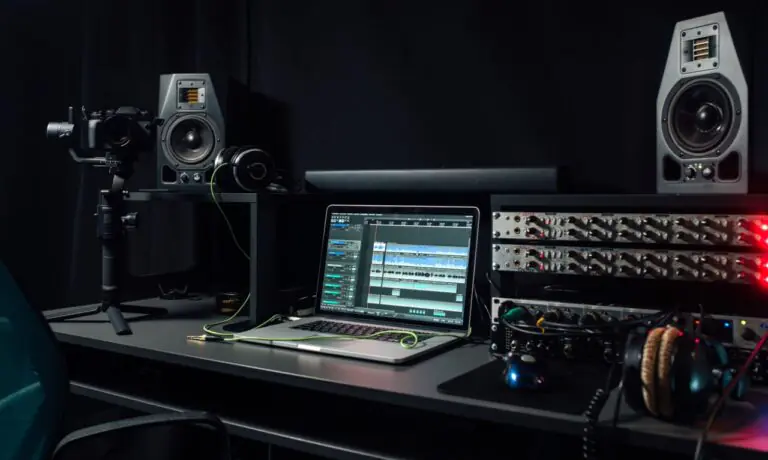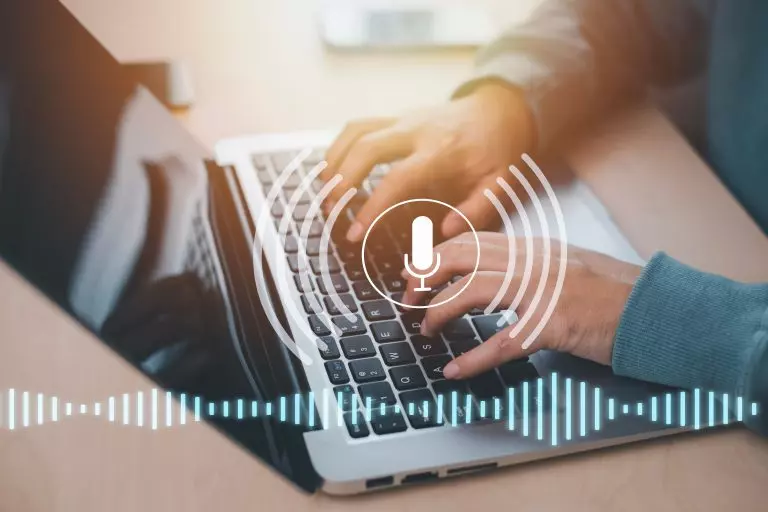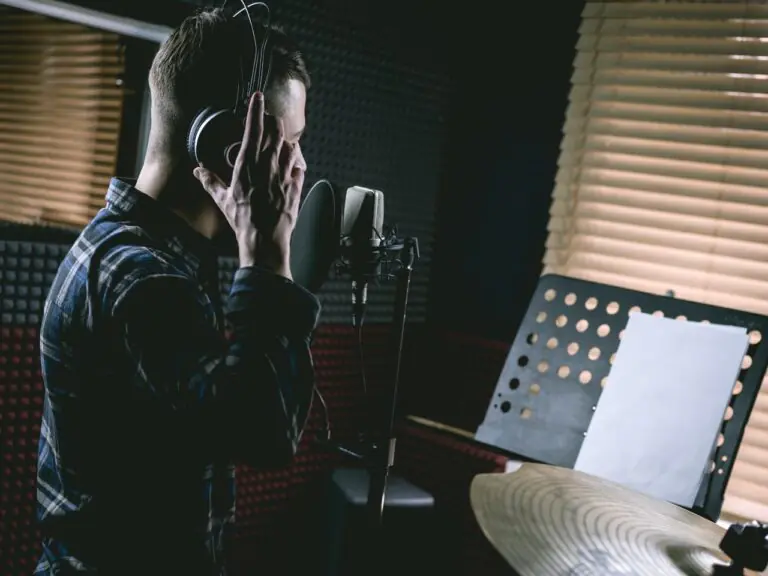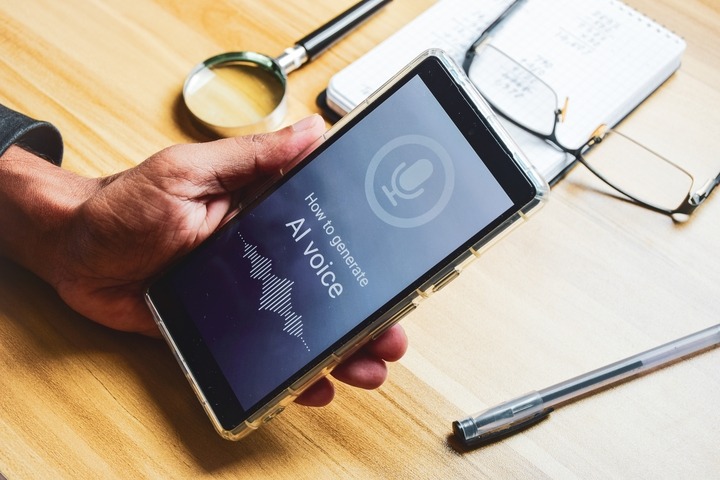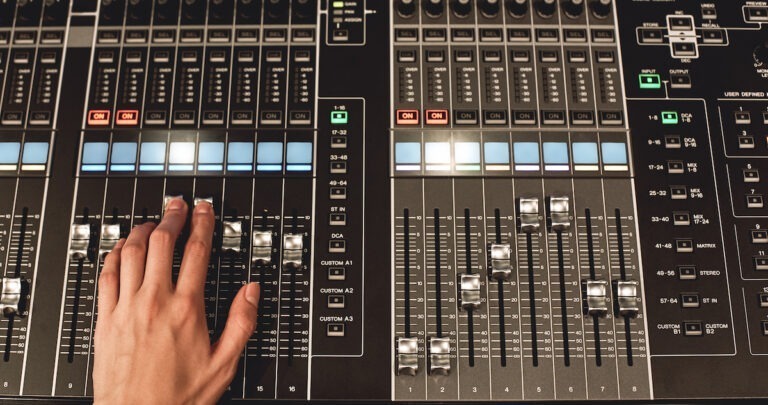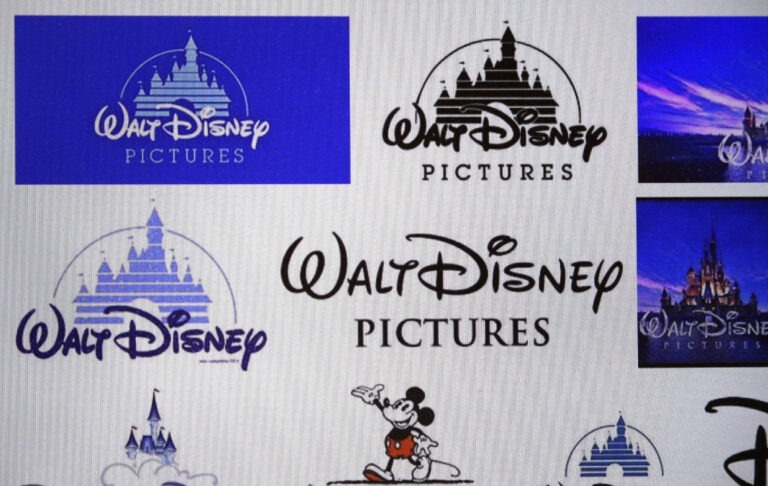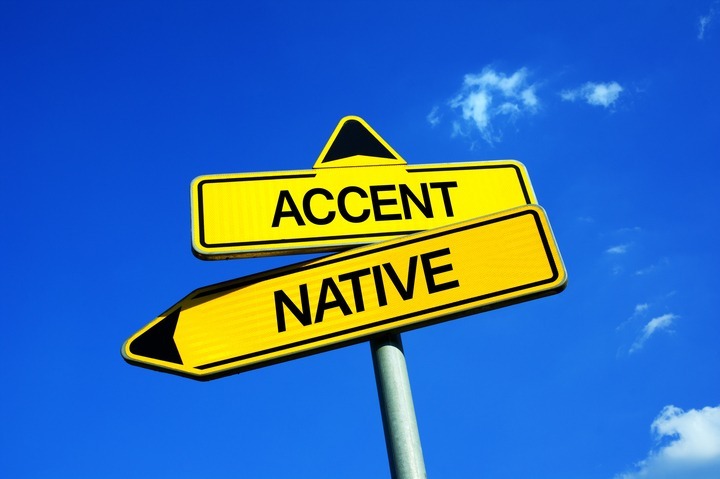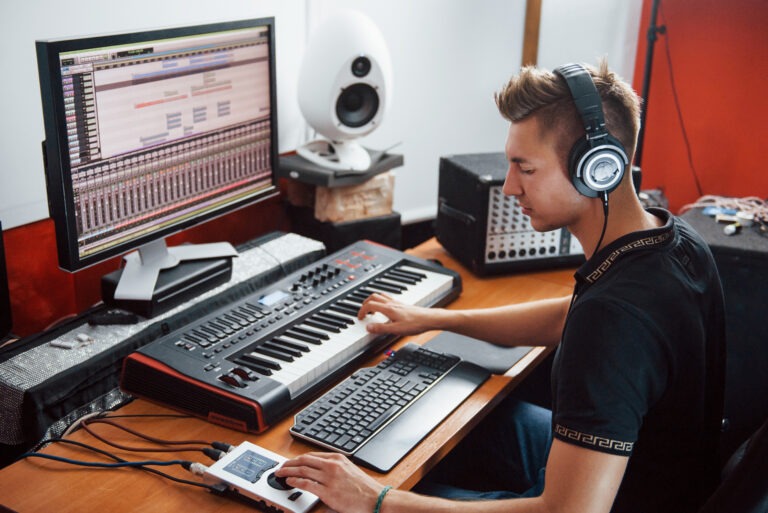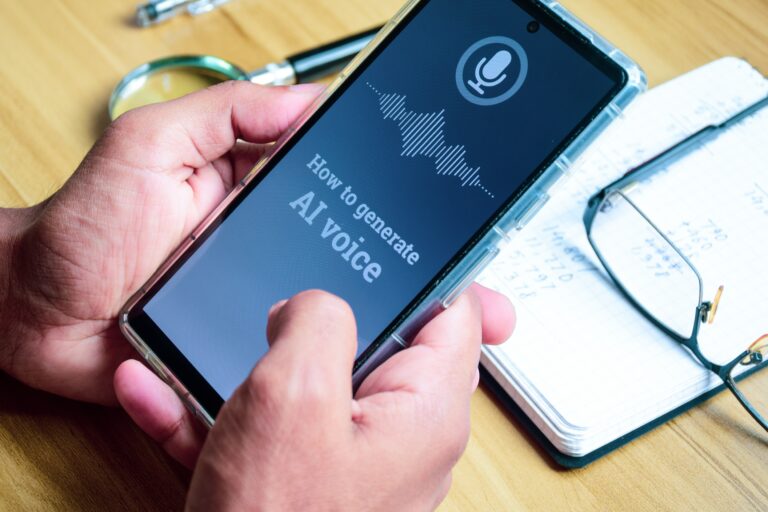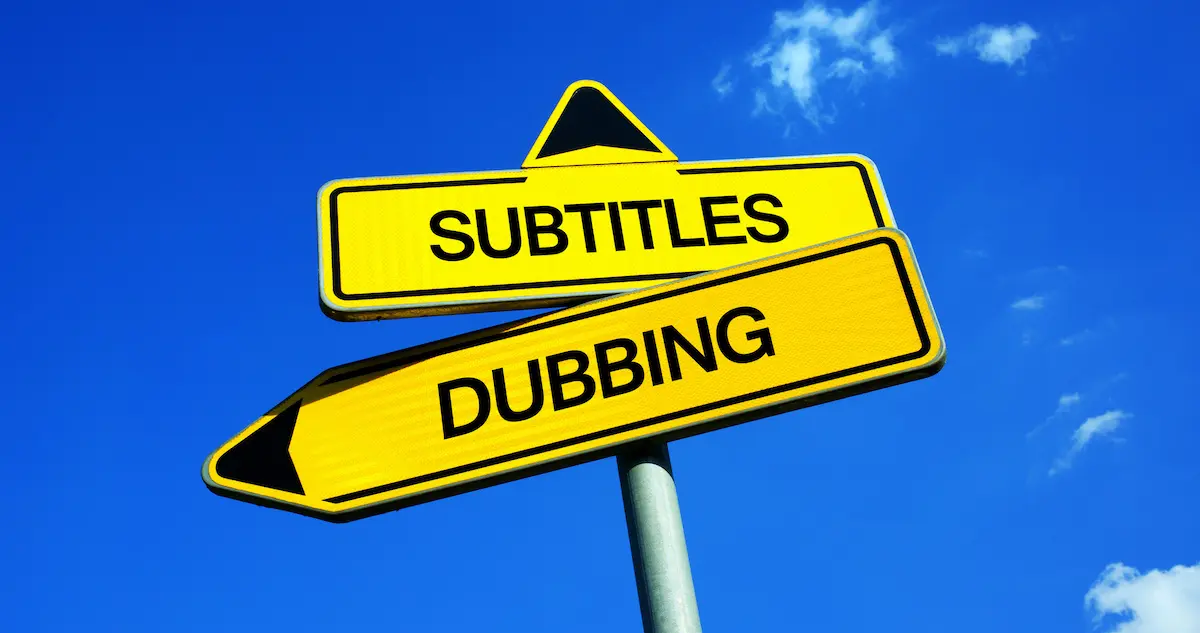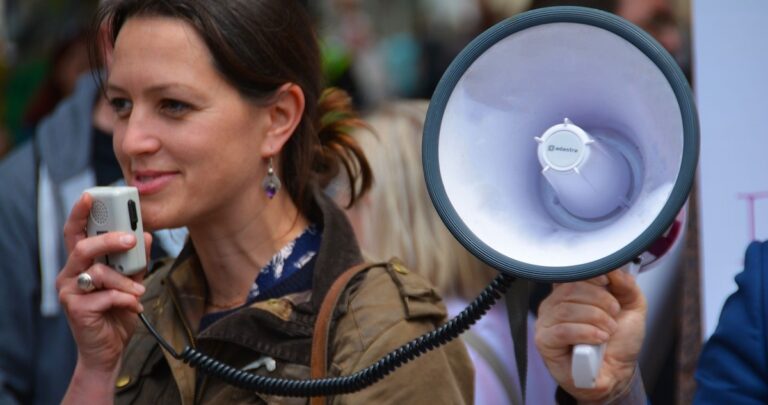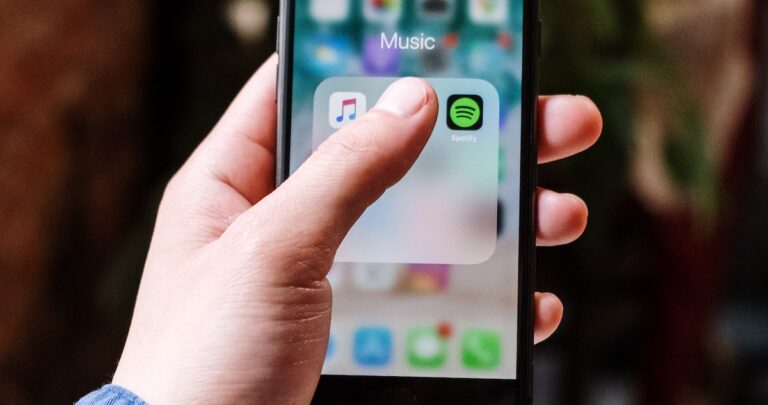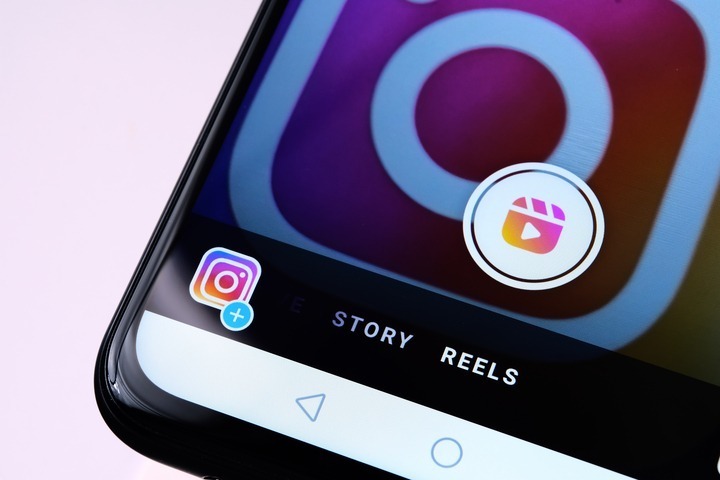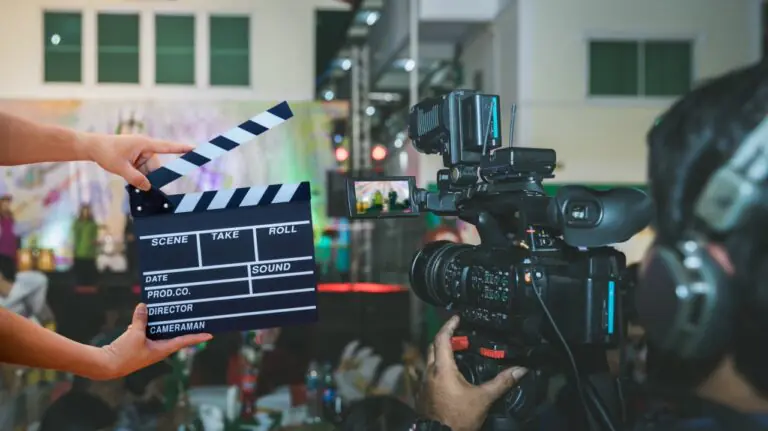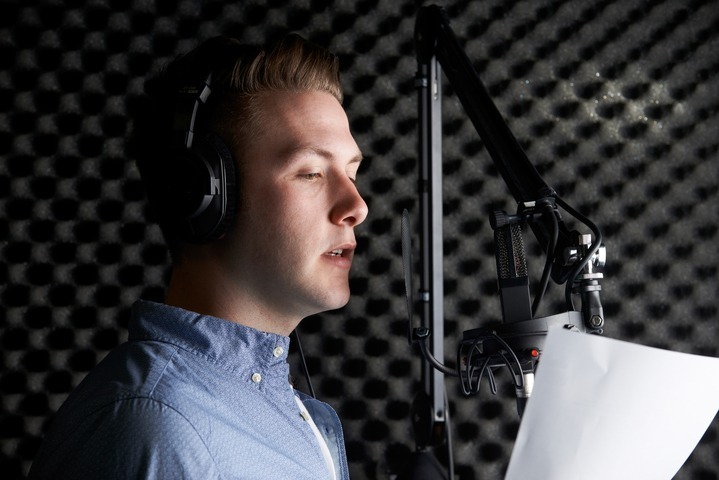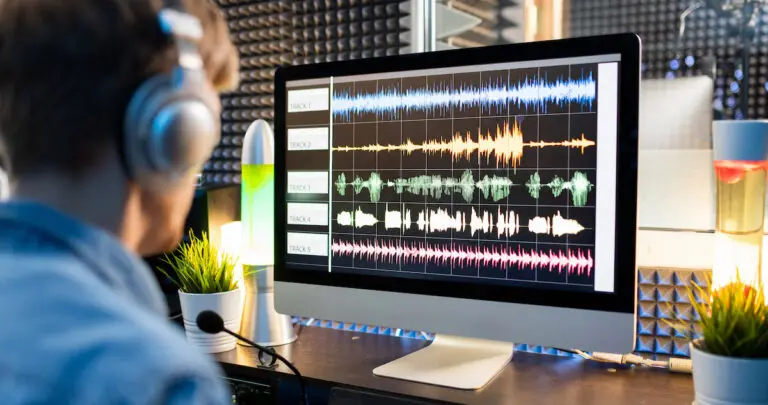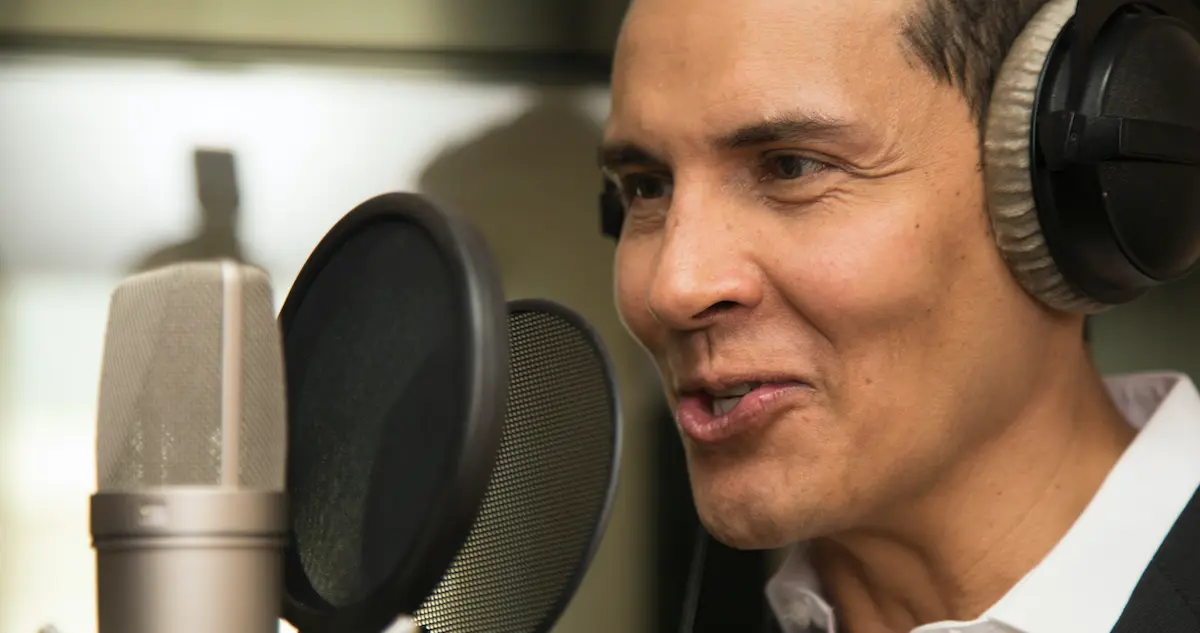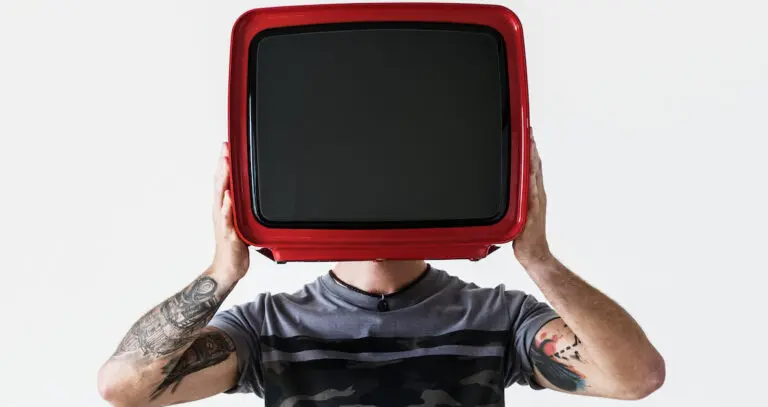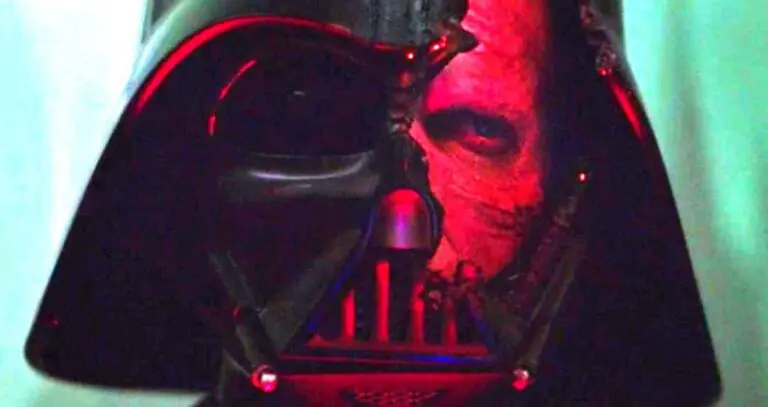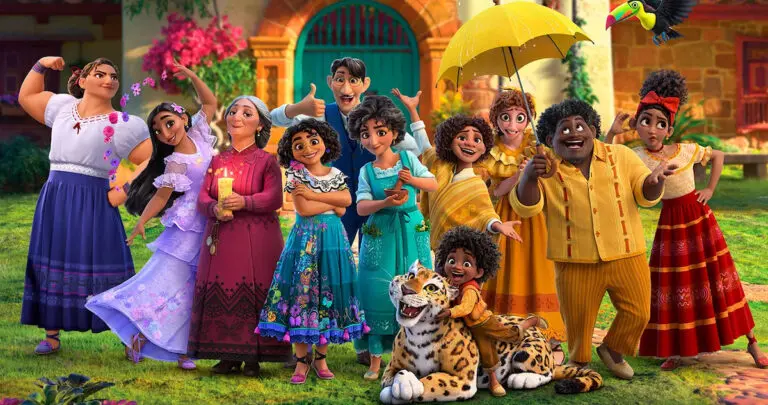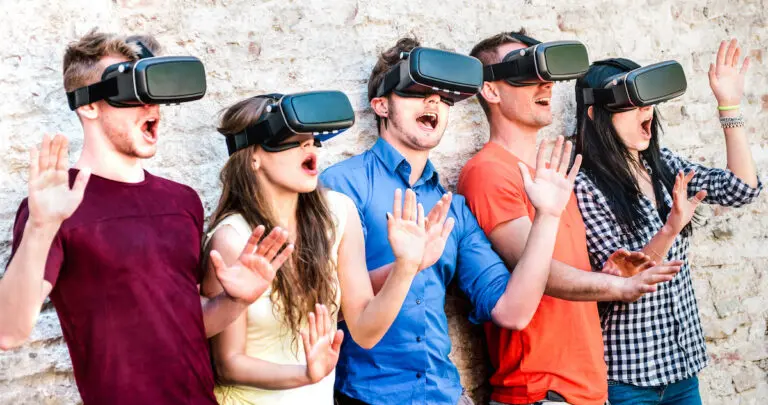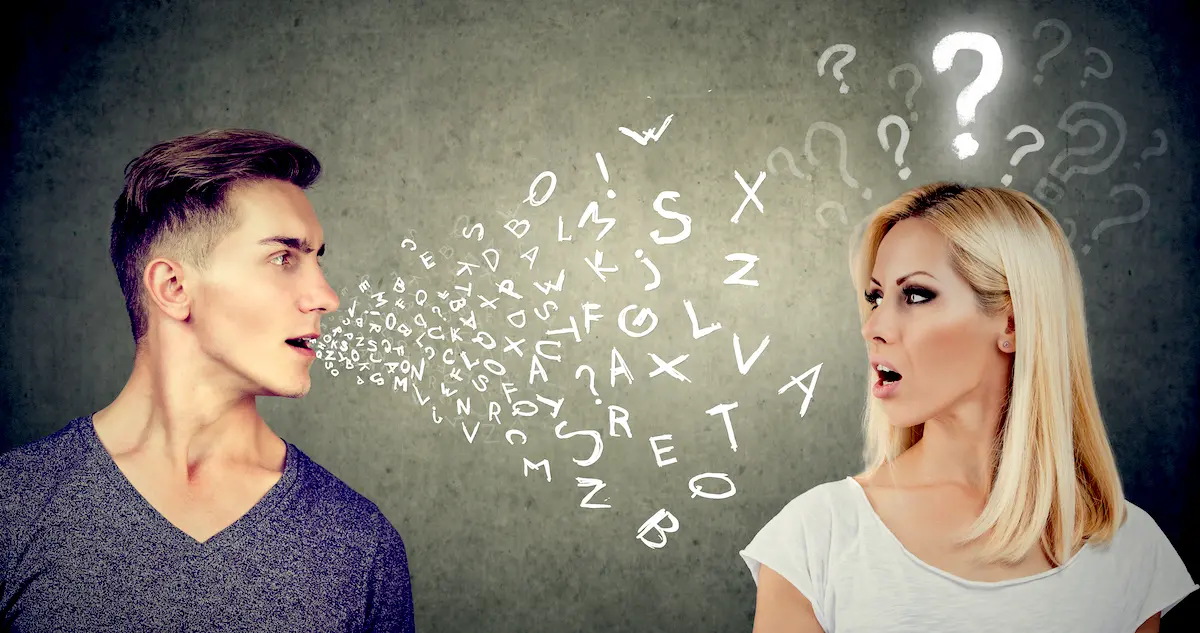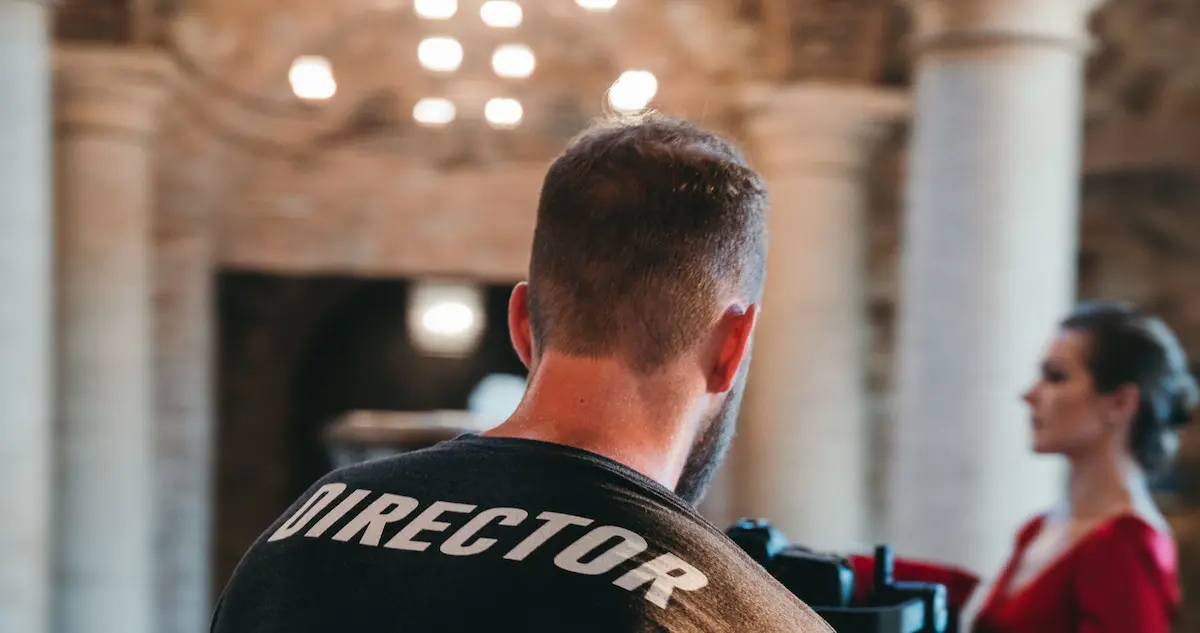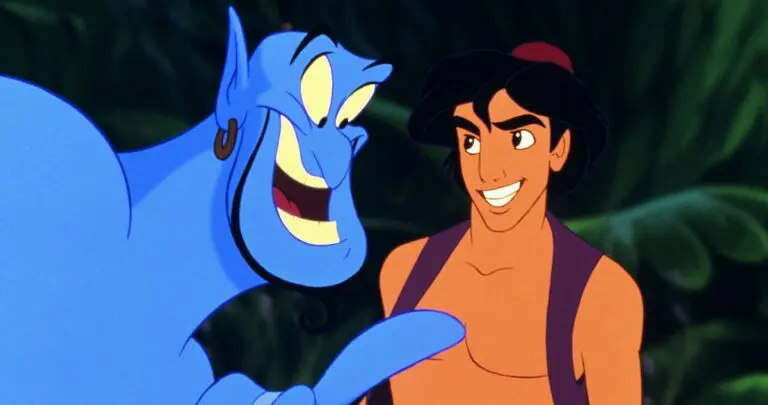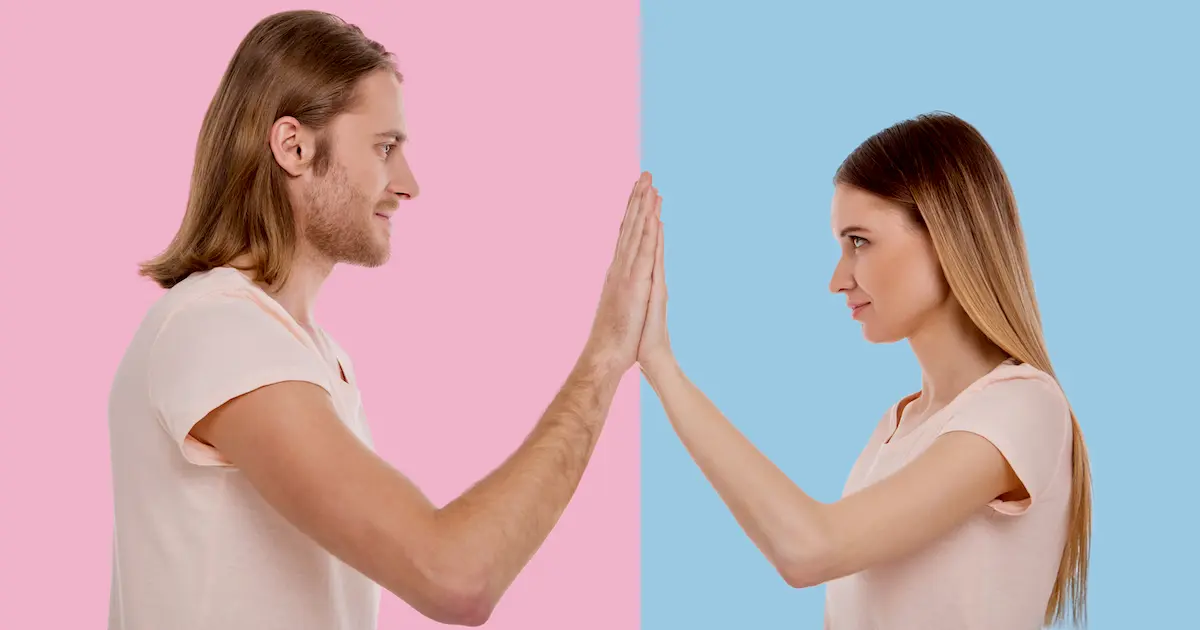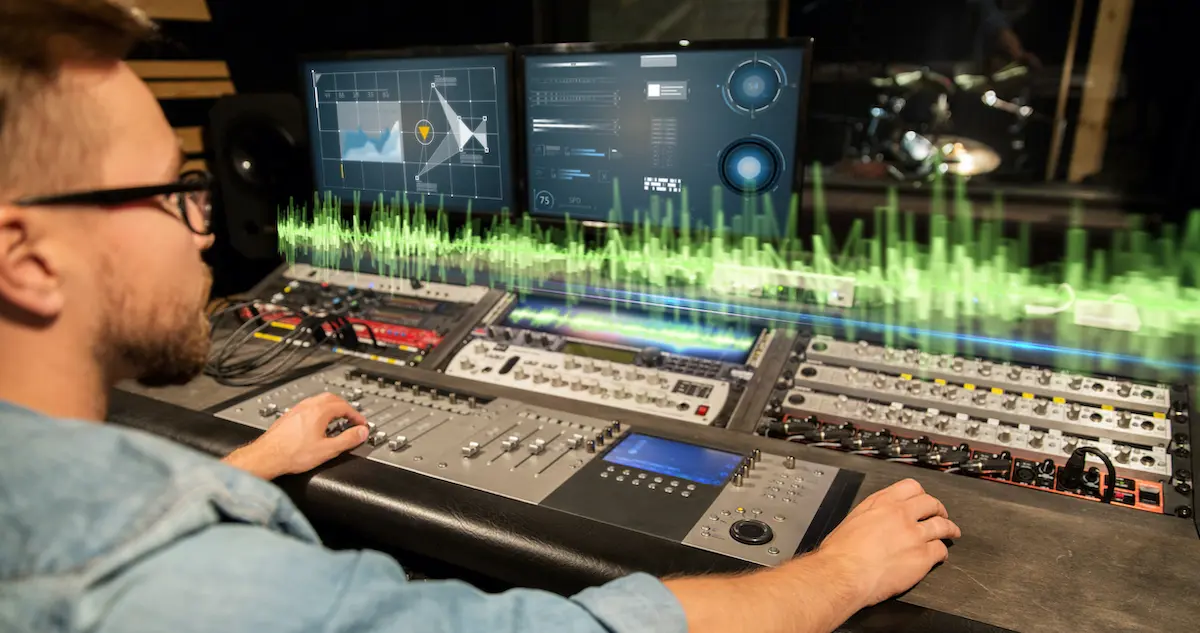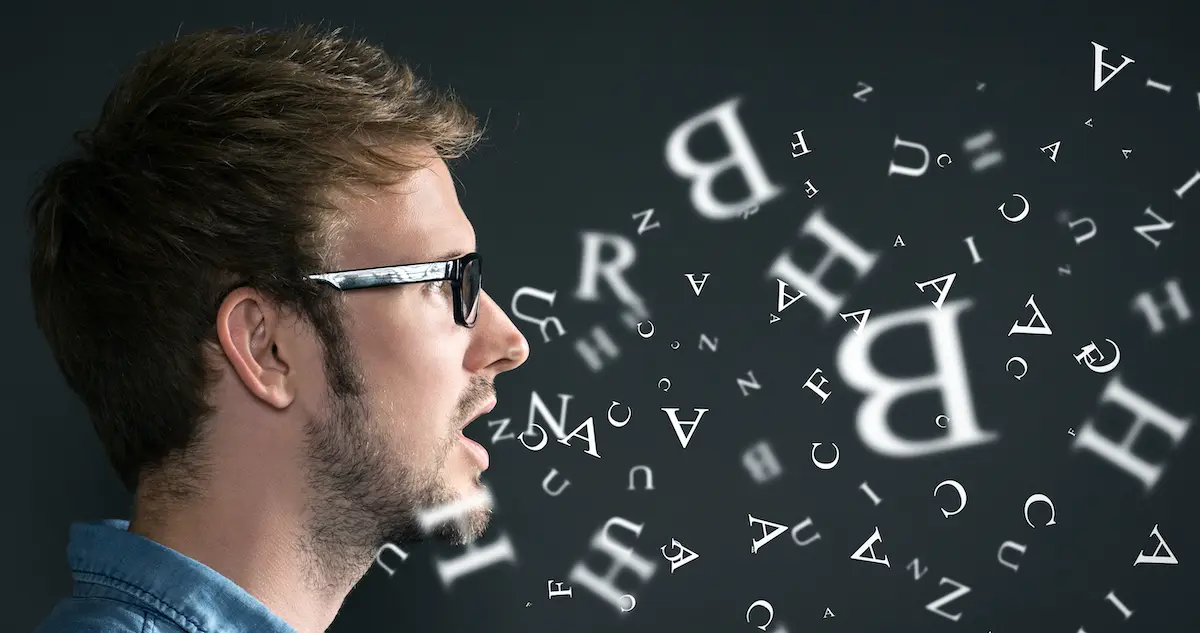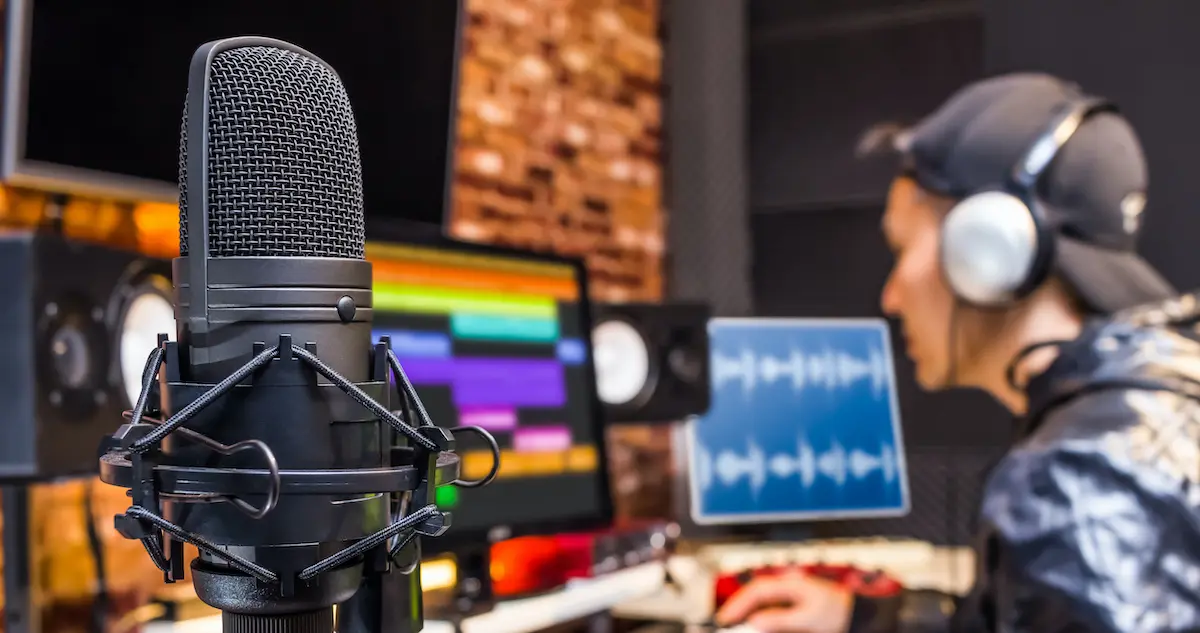Imagine you’re in a country surrounded by people that don’t speak your language. But as you walk into a store, you suddenly hear voice accents that you recognize. A combination of words and pronunciation you’re familiar with that instantly makes you feel at home.
Now, voice accents are relatable to potential customers in any industry. Whether you’re producing an explainer video, commercial, or product tutorial. On Voice123, some of the most requested English voice accents — excluding British and General American are African American, Australian, Spanish, French, Italian, Irish, Southern American, Mexican, Scottish, and German. However, voice accents are also riddled with controversy and debate. Some voice actors, casting agents, and other people in the industry weigh in on the voice accents debate. Here are their experiences and opinions on balancing voice accents with stereotypes.
What are voice accents?
Voice accents are like a vocal fingerprint. In the same way, a fingerprint identifies a person’s physical or biological characteristics; voice accents identify a speaker’s pronunciation, tone, rhythm, pitch, and pace. It can even hone in on the speaker’s region, upbringing, influence, and much more. For example, in the Star Wars film franchise, Darth Vader (voiced by James Earl Jones) speaks with a Mid-Atlantic accent (a perceived Americanized-British upper class) which implies his education and high-authoritative position.
Now, voice accents fall into two primary groups; native and non-native. A person could speak Japanese-accented English or German-accented Dutch, indicating that the original language accents the second language. On a more positive level, voice accents, when utilized by a brand, make customers feel like they belong to a social group. So, then, why are voice accents sometimes controversial in multiple societies?
Why are voice accents sometimes controversial?
The controversy of voice accents is found in linguistic profiling (or accent profiling). Novelist and Pulitzer Prize nominee Hernan Diaz once said that voice accents are a stigma of geography, class, and race, identified with stereotypes. And these stereotypes put up invisible language barriers, allowing and restricting access to industries based on acceptability. However, the dialect vs. accent debate is rooted in the story of a person’s background. Encompassing multiple entertainment avenues, from Hollywood movies to stand-up comedy shows.

English dialect coach Dominic Thompson once said, “American comedian Robin Williams was a master of accents. But he was universally loved and admired. While he could have been accused of stereotyping during his stand-up routines, he never was. Not that I know of, anyway. I guess he just ripped into everyone equally. You’d have to be careful in racially-charged or racially-sensitive environments, though, I imagine.”
Language, especially through voice accents, can inform, motivate, and move global audiences. So, no matter the project or industry type, voice accents create ideas, not just of countries but of people. So, it’s not voice accents that create the controversy but the pre-held stereotypes that characterize different accents.
The voice accents debate
A casting director we spoke to claimed, “I really wish some folks would just get over themselves and get out of their own way. My clients aim for a particular sound and a particular result with their voiced commercials. On more than one occasion, I’ve had to source actors with African American accents. I’d have the girls on my team search for about ten, whittle those down to five, and finally, maybe three. I’d then present my team’s top choices to the client. But only those who most accurately interpreted the brief, in our opinion. And you know what’s funny? Four out of five times so far, clients have chosen a white actor impersonating an African American.
Now, why would that be, do you think? I’ve no idea. Should I put on my oh-so-easily-offended liberal hat and say: ‘No, you can’t use that actor’? It’s politically incorrect, so you must choose a genuine African American actor.’ Or should I not put forward a white actor at all because they’re faking it? There’s a deadline. and a budget. I have to get the job done. I’ll take whoever can help me do that quickly and affordably. Irrespective of color, race, or creed. I really don’t care as long as the end result is good.”
By comparison, American actor Hank Azaria, the voice of Apu Nahasapeemapetilon, Chief Wiggum, and various other characters in the long-running animated satire, The Simpsons, has frequently come under fire for his voice accents. His interpretation of Apu Nahasapeemapetilon was even referred to as a noxious pastiche of South Asian stereotypes. In The Late Show with Stephen Colbert, Azaria addressed the issues claiming that he was perfectly willing to give up the role of Apu to an Indian or South Asian voice actor. He admitted that greater inclusion and diversity in the shows writing room would be great.
As integral to entertainment as voice accents are, balancing prejudice, sensitivity, and impersonation is key to maintaining them.
Prejudice and sensitivity
Accentism or accent prejudice is the perception that some accents are inferior to others. American actor, comedian, and author Jeff Foxworthy while known for his “you might be a redneck” one-liners, also stated, “I used to say that whenever people heard my Southern accent, they always wanted to deduct 100 IQ points.” So although society and pop culture have an influence on voice accents, a lack of sensitivity leads to hand to stereotyped prejudices.
A popular character voice actor who didn’t want to be named for fear of reprisal stated, “The South African voice over industry is pretty brutal at the moment. I do fully understand the repercussions of our apartheid history and everything. But our society is so sensitive about race. And this is nearly a quarter of a century after the demise of racial segregation!
I’ve perfected a range of local South African English voice accents. This includes black, Indian, and colored (South African term for a multiracial person). Otherwise, as an Afrikaans-speaking white guy with an Afrikaans name, I just don’t get voice over work. Unless it’s in my mother tongue, which hardly happens these days because Afrikaans is the language of the former oppressors. So, major companies in this country choose to distance themselves from it.
My agent gets me to pitch for as many gigs as I can, and he’ll use a black or Indian pseudonym. This is if his clients are looking for one of those voice accents. I’ve landed a couple of decent jobs that way. I certainly wouldn’t have gotten them had the clients known I was white and Afrikaans-speaking. It’s sad, you know? But I’m a professional voice actor. I have to eat, and I have a family to feed. I’ll take what I can get.”
So, voice accents are like an introduction to a person’s gender, language, age, nationality, social status, the languages they speak, and even where they went to school. However, the darker side of voice accents lies in interpretation and impersonation.
Voice accents vs impersonation
According to a research study, “spoken language doesn’t exist without an accent.” Now, accent impersonation is accomplished through mimicry. And in many cases, actors and voice actors can adopt perfect accents simply by mimicking the speech of native language speakers. For example, Andy Serkis is known for mimicking numerous voice accents throughout his career. This includes a strong Afrikaans South African accent as Klaue in Blackpanther and 132 Different Characters For “The Lord Of The Rings” Audiobooks. But when does impersonation end and controversy takeover?
Bongani Peppeta, a Zulu (one of the official languages spoken in South Africa) voice actor, living in Cape Town, shared his views. With a shrug, he explained, “It is what it is. I don’t really mind. I do plenty of English ads. Sometimes the client asks me to use even stronger voice accents than my normal one. Is that stereotyping? Can I even stereotype myself as a black person? I also have white friends who do my accent extremely well. They can book work three or four times a week. Impersonating is one thing; belittling is another. I’d take offense if a white guy was making fun of me. Or of black people in general simply for being black. I see belittlement as racism, but not impersonation.”
A casting agent says:
Sally Green, a UK casting agent, winced as she explained, “You know, I do find accents something of a minefield. The reason being is that there are just so many loud rally-and-petition groups in Britain. As far as possible, I try to work with standard voice accents and native speakers. When I’m casting for regional ads, I’ll always do my best to source actors locally. Our audiences are anything but stupid. If you’re aiming to sell something locally, get a local to sell it for you. If people hear the ad voiced by actors with fake voice accents, you’ll get very little traction. You might even get an outright rejection. This can end up a grindingly expensive campaign flop. I don’t want that kind of blemish on my record.”
Voice accents in voice acting

Nathan Aune, the owner of a global agency, adamantly claimed, “We do what we believe is right. For us, the stakes are high, and we can’t afford to waste money. Every commercial we do has to be authentically voiced and 100% believable. We have to be sensitive as well. We’re strong adherents to a code of mutual decency and respect. We actively support diversity and inclusion. I can’t have the media agency I work with doing anything other than being absolutely respectful and upfront. We want real people speaking with real voice accents to real audiences. And in all the languages of all the countries, we work in. I don’t see why there’s any debate or controversy about voice accents and authenticity at all.”
Final thoughts on voice accents
Despite the controversy, voice accents are an intrinsic part of global industries, from advertising to film and entertainment. And though mimicry and impersonation are often the basis of accents, prejudice, stereotypes, and accent profiling directly affect controversy. So, according to a voice actor quoted previously, impersonating is one thing; belittling is another.
Rolf Veldman, CEO of Voice123, shared his views, “I believe these conversations are worth having. Even if they’re emotional and tempers flare. A big part of shaping the future is taking a stance on matters that reach beyond the individual participants themselves. One must understand that a voice, apart from being an instrument, can also be an identity. For me, the only way to deal with accents is absolute transparency. From the clients’ side, by indicating whether they require a genuine native accent or not. And also from the voice actors’ side by being honest about it. I think the discomfort that exists regarding this topic isn’t the result of bigotry. Rather it’s naivety, necessity, or plain ignorance. Being candid is the way to go — and it matches how we do things at Voice123.
"We promote open and honest interaction. We do this among all our users because being transparent is part of our platform DNA. It's how we manage the fact that there's no such thing as the absolute truth. For us, it’s all about straight talk, speaking out, and speaking for yourself."



